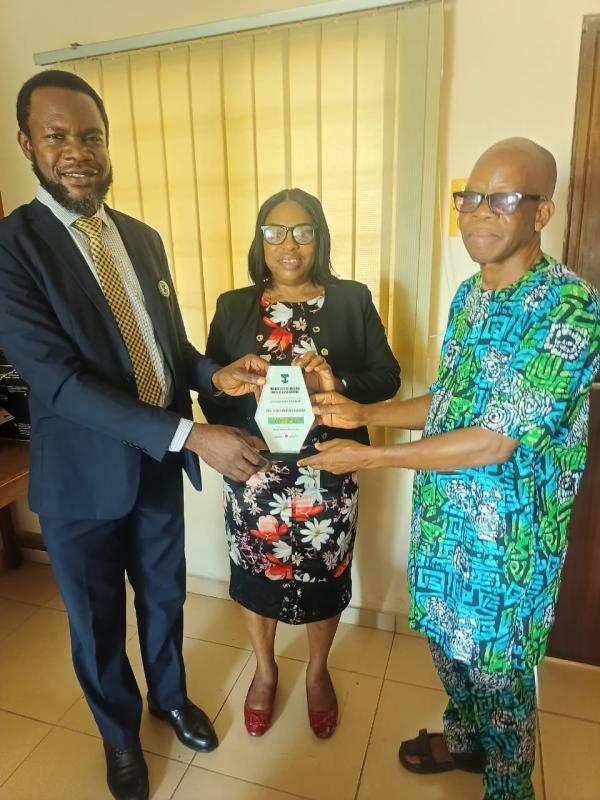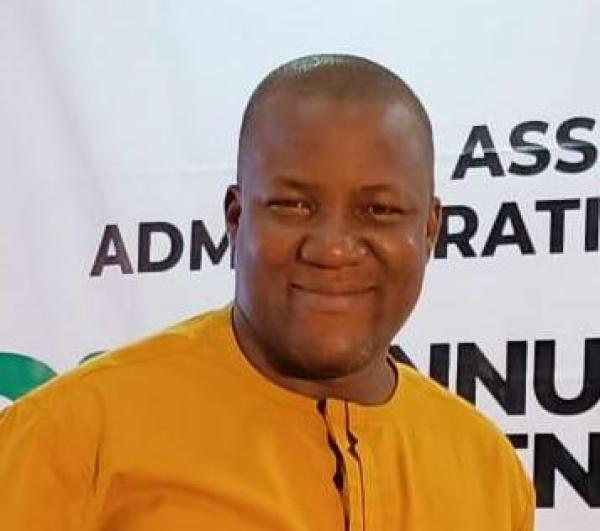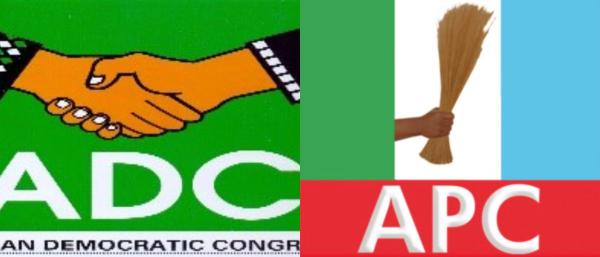
The United Nations (UN) after a closed session on Friday, January 15, revealed the major threat to West Africa region.
Special Representative and Head of the UN Office for West Africa (UNOWA), Mohamed Ibn Chambas, who represented Secretary-General Ban Ki-moon at the meeting, told the Security Council that though peaceful and credible elections were conducted in several countries in West Africa in the past six months, violent extremism continues to pose a major threat throughout the sub-region.
“Violent extremism and terrorist activities remain a major threat to security and development in West Africa, further aggravating the region’s humanitarian challenges. While some progress has been made in the fight against Boko Haram, the terrorist group continues its indiscriminate attacks against civilians not only in Nigeria, but also in Niger, Chad, and Cameroon. Boko Haram continues to adapt its tactics, and is increasingly resorting to using young boys and girls for suicide attacks,” he said.
Chambas said the countries in the region had intensified their efforts to combat the terrorist threats by improving cooperation in areas like intelligence sharing.
“It is also crucial for countries of West and Central Africa to also work on developing strategies that address the root causes of the insurgency, and notably the underlying socio-economic grievances of marginalised communities,” Chambas said.
Speaking on positive political developments, he cited the “exemplary conduct and peaceful and responsible participation” in Burkina Faso’s presidential and legislative elections, held in a timely manner despite challenges that emerged from a failed coup in September.
Chambas hinted that it was the dialogue, supported by the UN, together with regional and international actors, that made Guinea elections peaceful and in accordance with constitutional deadlines.
According to him, the election in Guinea is an important milestone in the country’s process of democratic consolidation. He noted that peaceful elections were also conducted in Côte d’Ivoire, while in Nigeria a new government was elected, committed to actively combating corruption, contributing to the creation of an environment that will allow the country to realise its full economic potential.
“These developments demonstrate the democratic resolve of the people of West Africa. Five presidential elections are scheduled to take place this year – in Benin, Cabo Verde, Gambia, Ghana and Niger. In the lead-up to these elections, I will continue to call on national stakeholders to utilise dialogue to resolve outstanding election-related issues so as to create environment conducive for the holding of peaceful, credible and inclusive elections,” he said.
Chambas also cited progress on security sector reform with the appointment of a UN adviser to support Guinea’s President Alpha Condé in his efforts to advance such reform. He also noted a regional commitment to fight the scourge of drug trafficking and transnational crime.
“Progress has been slower in the area of maritime security in the Gulf, with the Inter-regional Coordination Centre still not fully operational. UNOWA is the first UN regional conflict prevention and peace building office, created in 2002 to enhance the achievement of peace and security in West Africa. I salute the resilience of the people of West Africa in overcoming adversity and their commitment to uphold democratic principles. I also want to assure you that UNOWA will not relent in accompanying their efforts toward enhanced democracy and sustainable development. In light of the support this council has consistently provided to our engagements, I am confident that the UN will continue to remain a most relevant partner to the countries and institutions of West African,” he said.
Meanwhile, Nigeria’s fifth tenure as a non-permanent member of the United Nations Security Council (UNSC) has ended after a two year term running from 2014.The 15-member council includes five permanent members with veto power — the US, Russia, China, Britain and France — and 10 non-permanent members elected for two-year terms.
Source: Naij



















